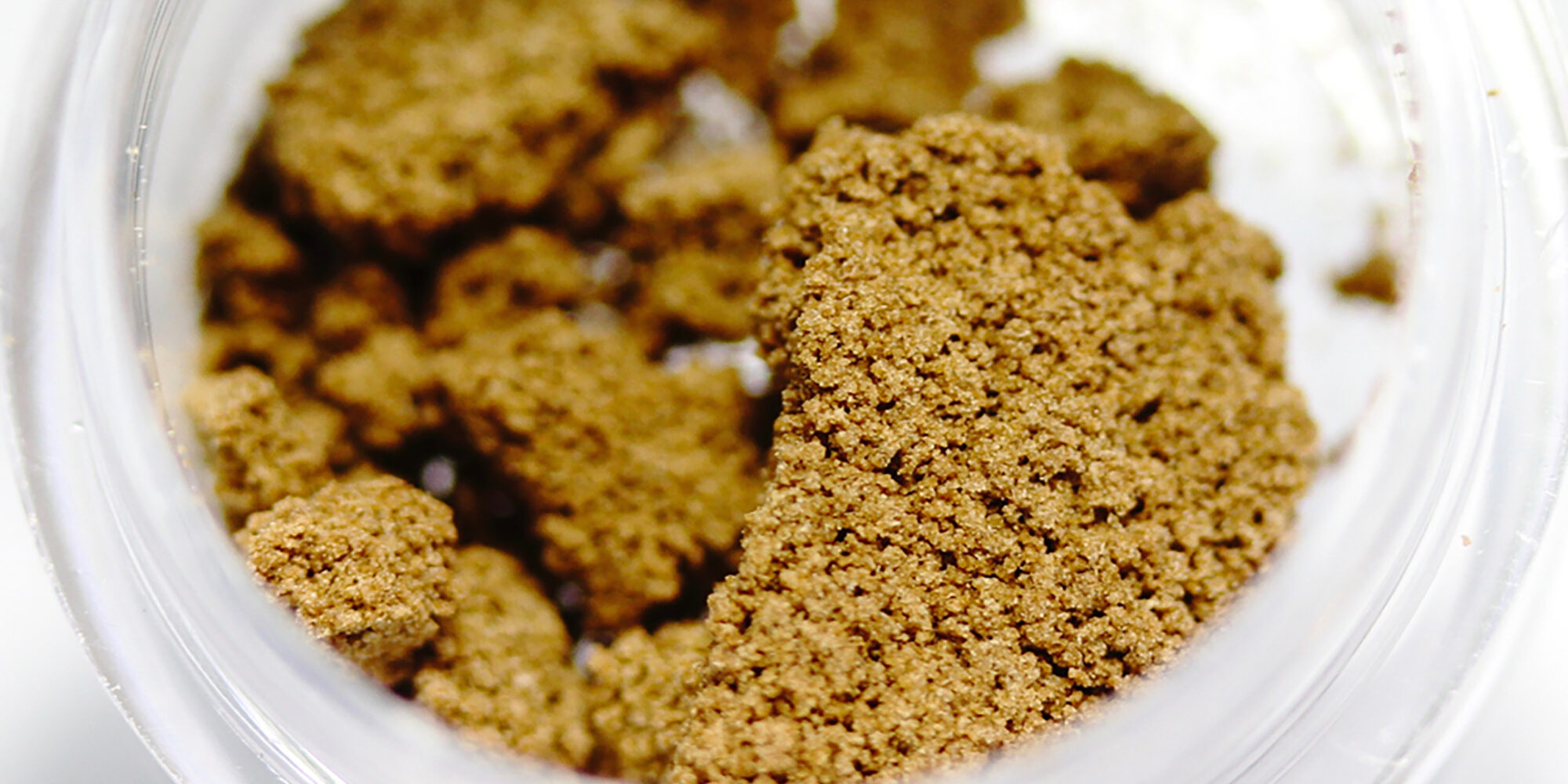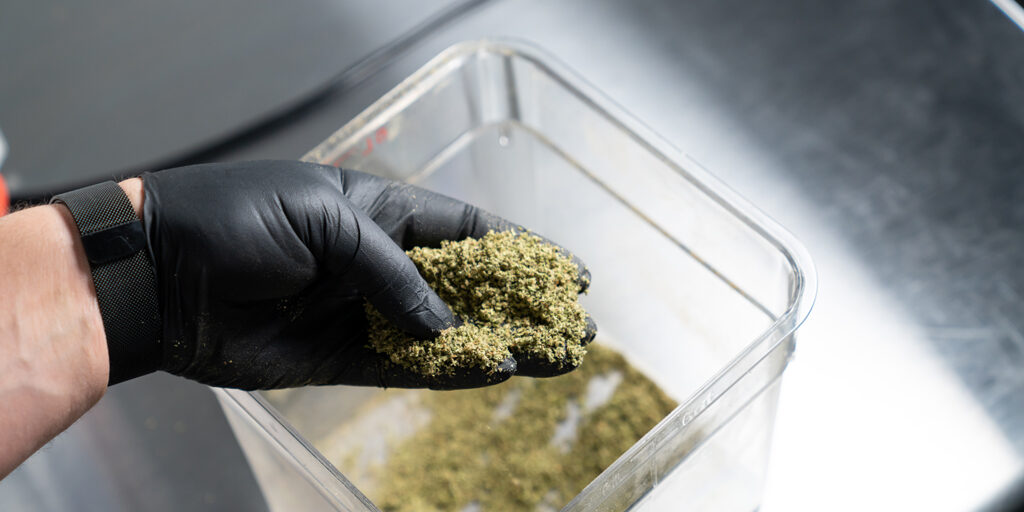BLOG
Mobius Insights
- All
- Automation
- Bucking
- Extraction
- Harvesting
- Hash
- Milling
- Mobius
- Sorting
- Trimming
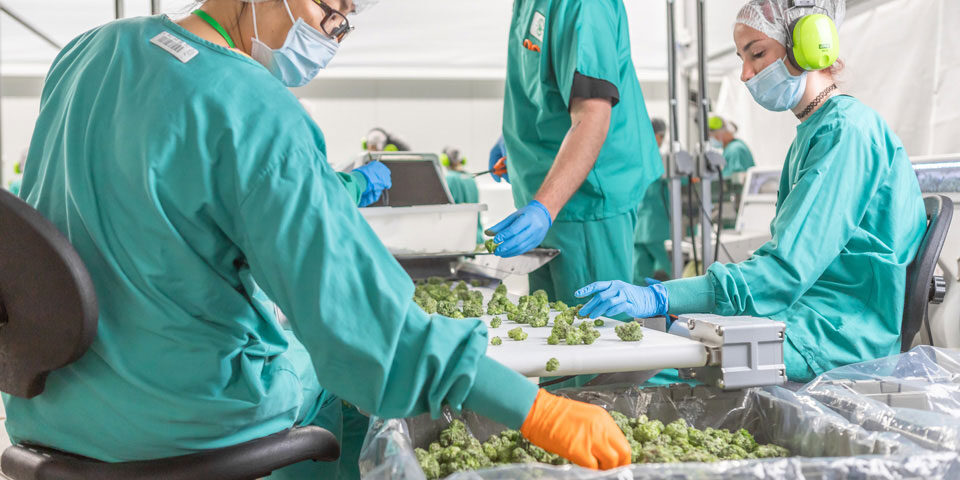
GMP for Cannabis: An Introduction for Cultivators
Good Manufacturing Practice (GMP) guidelines provide business owners with a system of processes to ensure medicinal and pharmaceutical products meet specific standards. These protocols cover all aspects of manufacturing a product, from sourcing materials according to standards to preserving the cleanliness of equipment and the processing environment. As the cannabis industry continues to grow, GMP…
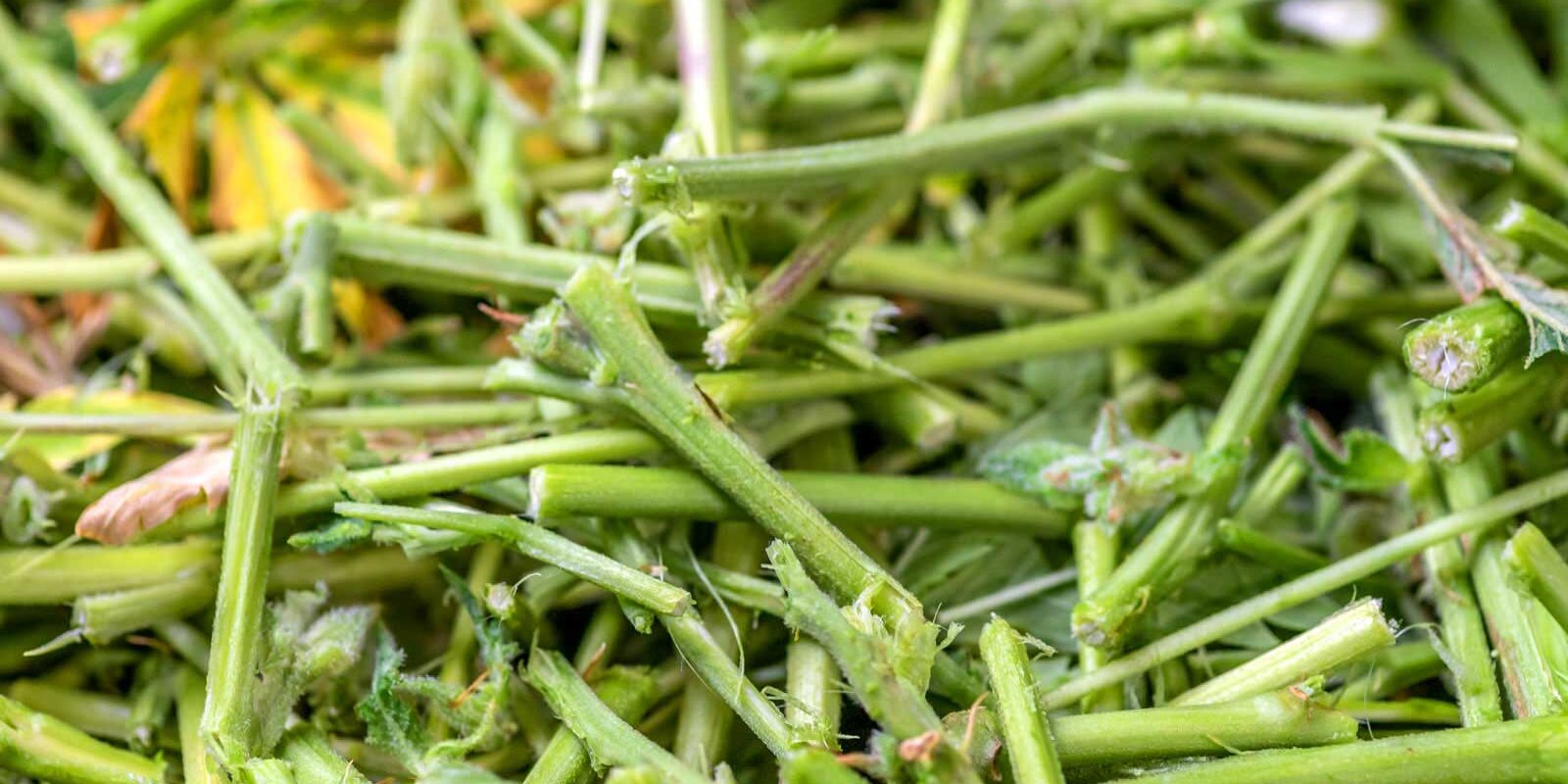
The Ultimate Guide to Cannabis Waste Disposal
Cannabis waste disposal has always been an issue of concern for legal commercial cultivators. As the industry evolves, laws and regulations have become more strict and cannabis business owners must determine how to effectively manage their green waste to adhere to guidelines for industry compliance. Every year, more than 150 tons of waste is generated…
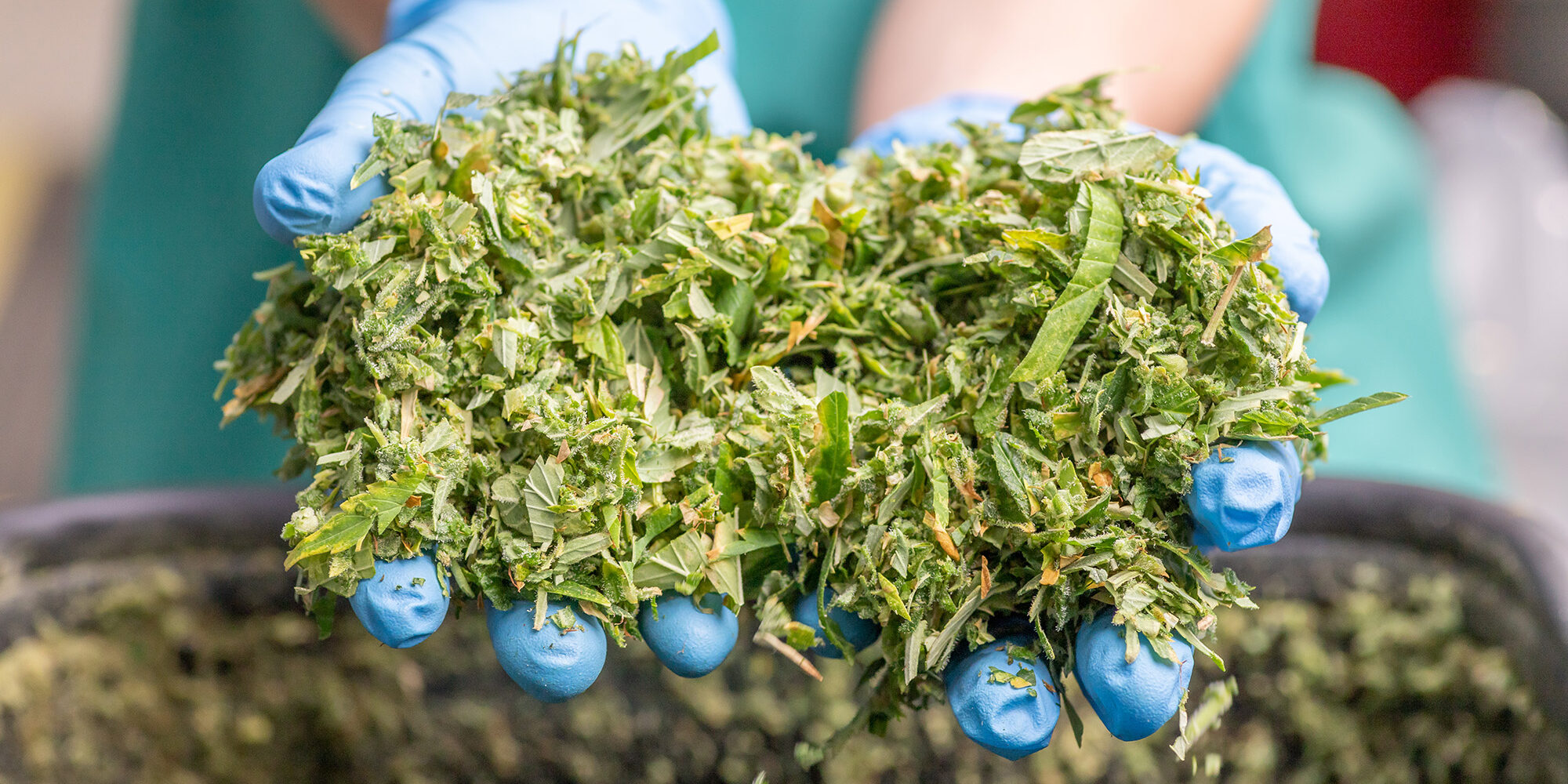
What To Do With Cannabis Trim
If you’re a commercial cannabis grower, you probably know that the quality of your flower is a top priority. One way to increase the profit for your business is to look at how you utilize all parts of the cannabis plant—not just the buds. Cannabis trim is the excess plant material—such as fan leaves and…
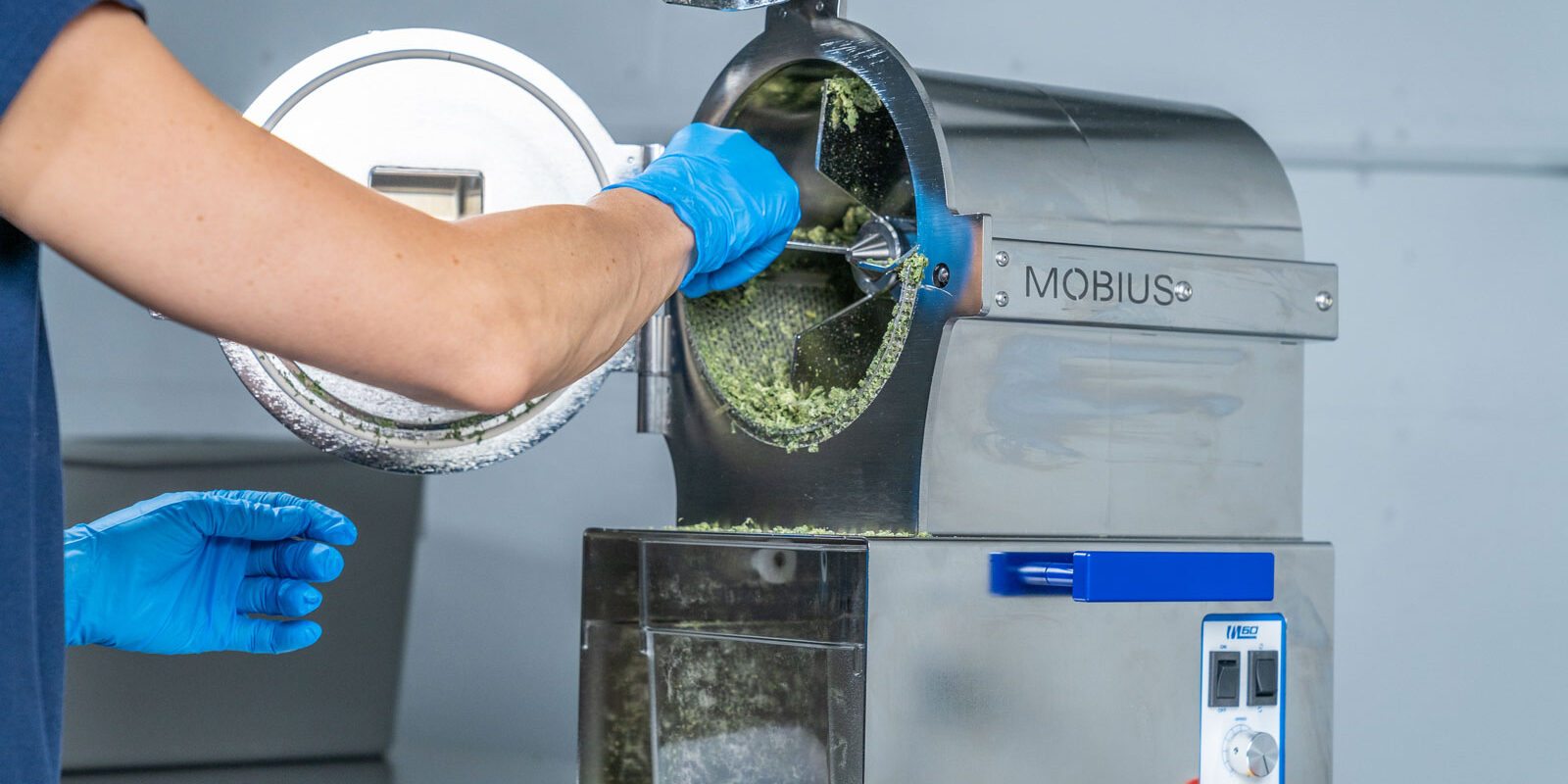
Comprehensive Guide to Finding the Best Grinder for Pre-Rolls
The pre-roll industry continues to grow as the value of pre-rolls has increased from around $406 million in sales and a 7.9% market share in 2018 to around $1.5 billion in sales and a 12.7% market share in 2022. For cultivators and processors in this landscape, pre-rolls offer an excellent opportunity to increase revenue and…

Full Melt Bubble Hash: Your Expert Guide
Bubble hash is categorized by quality, with different grades and a star rating used to denote different categories. When it comes to different grades of bubble hash, full melt is the best.
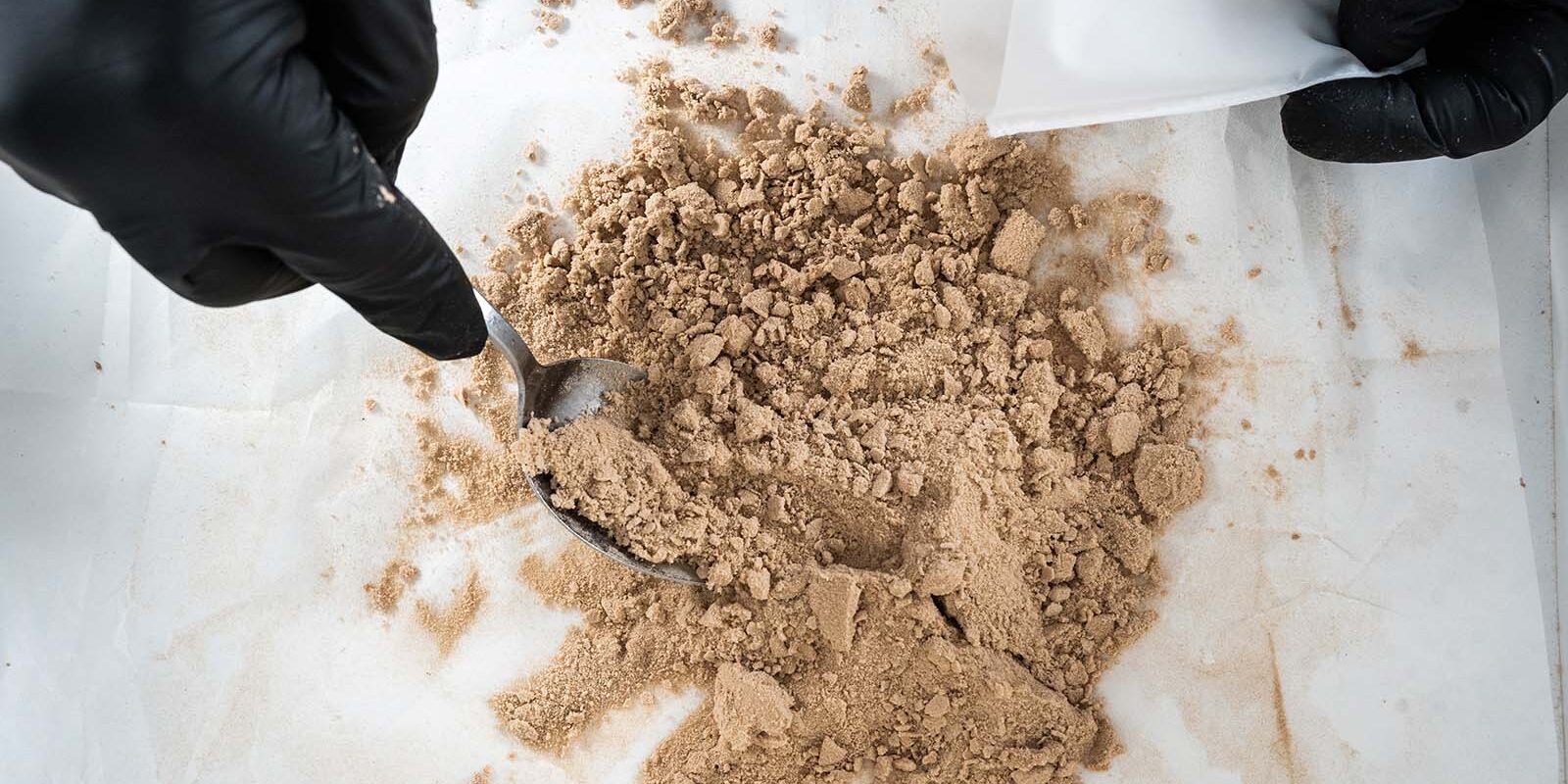
What Is Bubble Hash?
Bubble hash (also known as ice hash or ice water hash) is a type of hash that’s made using ice-cold water. Ranging from a light golden blonde to a dark greenish brown, bubble hash gets its name from the way it bubbles when it’s heated. Like traditional hash, bubble hash is made from cannabis trichomes,…

Maximizing Yield and Quality: How to Make Bubble Hash at Scale
As one of the purest, most popular cannabis extracts, bubble hash can be a huge asset for commercial cannabis operations interested in diversifying their product line for continued success in the ever-expanding industry. This solvent-free extract is created from cannabis trichomes and gets its name for the way it bubbles when exposed to a flame…
